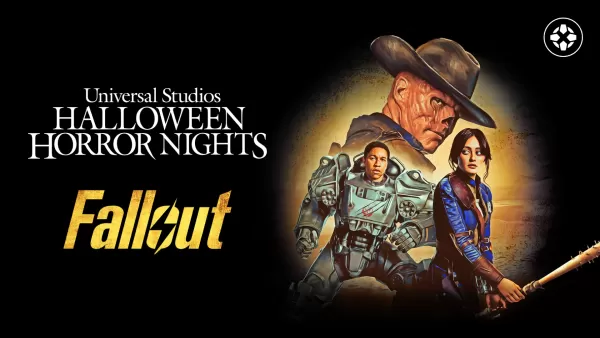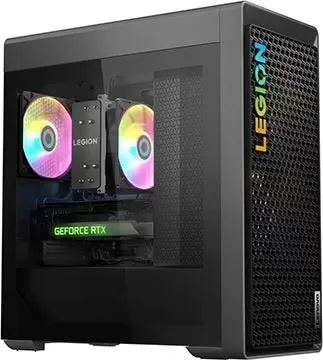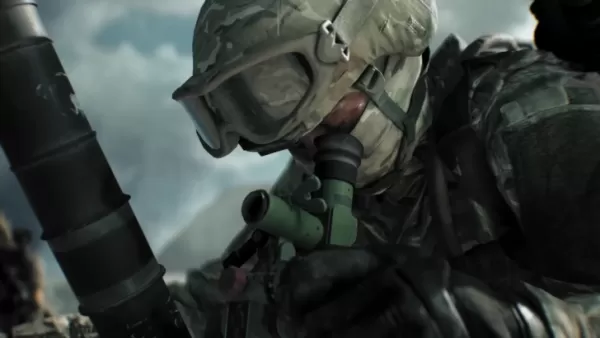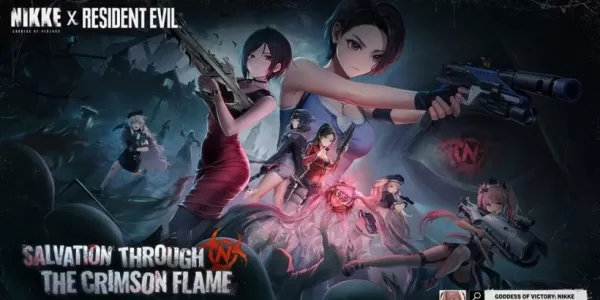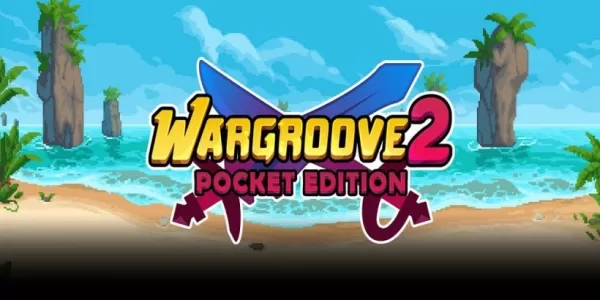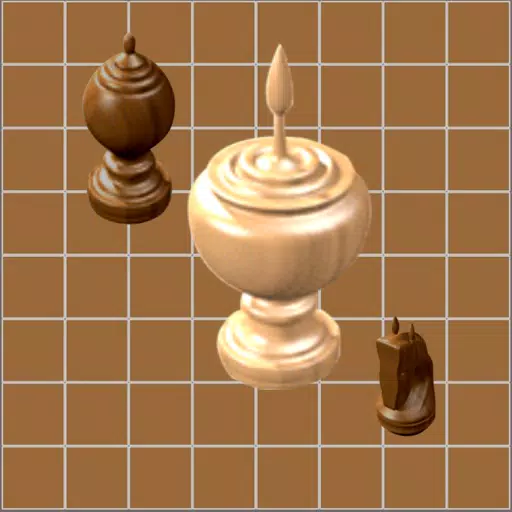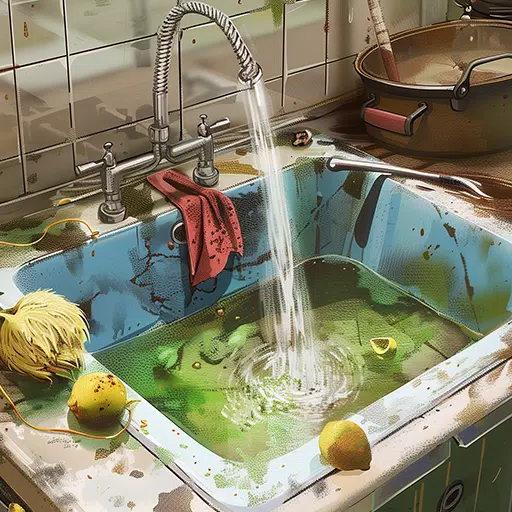Capcom's recent triumphs with *Monster Hunter: World* and the *Resident Evil* franchise might make it seem like the company is invincible. However, less than a decade ago, a string of critical and commercial failures left Capcom struggling for survival. The company faced a severe identity crisis; *Resident Evil*, the pioneer of survival horror, had lost its edge after *Resident Evil 4*, and *Street Fighter*, another flagship franchise, faltered with the poorly-received *Street Fighter 5*. Capcom's future seemed uncertain.
But a pivotal shift in development strategy, coupled with a powerful new game engine, revitalized these beloved franchises. This transformation marked the beginning of a period of critical acclaim and financial success, propelling Capcom back to the forefront of the gaming industry.
Resident Evil's Lost Path
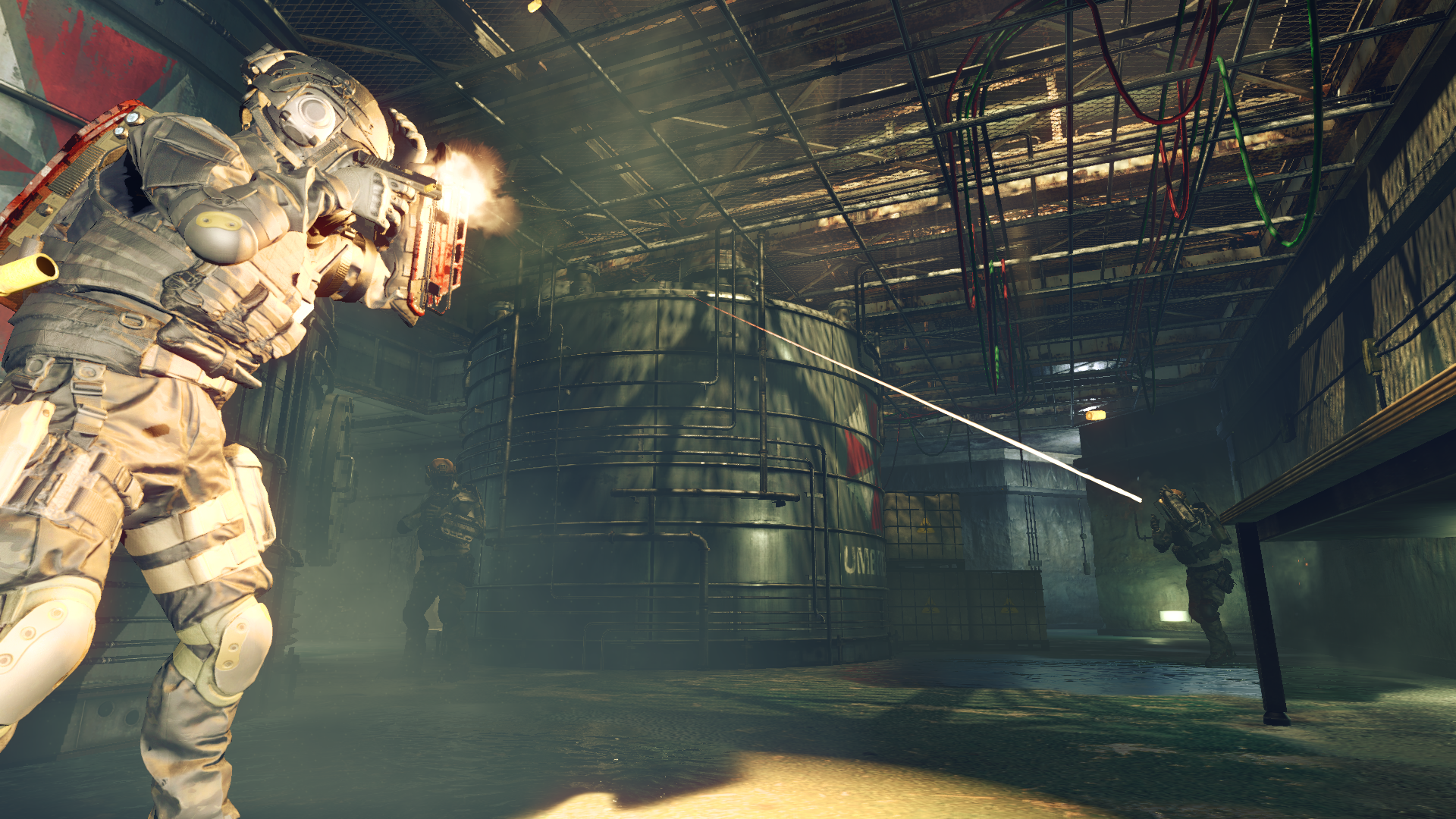
2016 was a particularly rough year. *Umbrella Corps*, an online co-op shooter, was met with harsh criticism, while *Street Fighter 5* disappointed longtime fans. The release of *Dead Rising 4*, despite featuring the return of Frank West, proved to be the final new entry in the series. This marked the low point of a series of underwhelming years for Capcom, starting around 2010. Mainline *Resident Evil* games received diminishing critical praise, despite strong sales. *Street Fighter* struggled, and beloved franchises like *Devil May Cry* were largely absent. Even *Monster Hunter*, while immensely popular in Japan, struggled to gain significant traction internationally.
This contrasts sharply with Capcom's current success. Since 2017, the company has consistently delivered hit games, including *Monster Hunter: World*, *Devil May Cry 5*, *Street Fighter 6*, and several critically acclaimed remakes, along with a successful *Resident Evil* soft reboot. Capcom's current run of success seems almost unstoppable.
This resurgence wasn't just about learning from past mistakes; it required a complete strategic overhaul, from target audience to the technology used in game development.
Capcom, founded in 1979, initially produced electronic game machines. Its rise to prominence in the 80s and 90s was fueled by 2D classics like *Street Fighter* and *Mega Man*. The successful transition to 3D gaming, spearheaded by *Resident Evil*, marked another significant milestone. Between 2000 and 2010, Capcom successfully modernized many of its iconic franchises, culminating in the creation of *Resident Evil 4*—a game widely considered one of the greatest ever made.
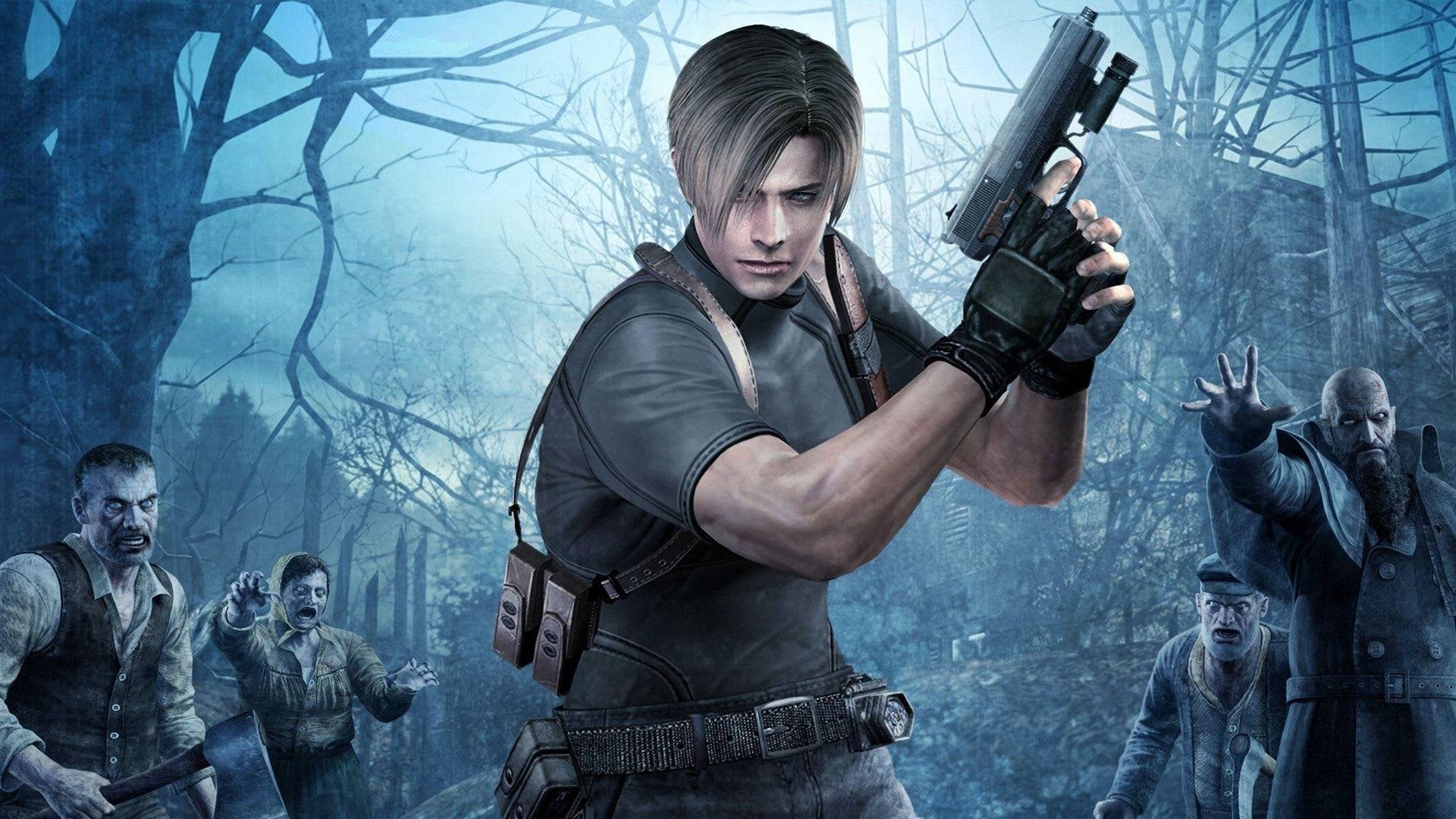
While *Resident Evil 4*'s innovative blend of horror and action was a critical success, it inadvertently altered the franchise's trajectory. Subsequent games struggled to maintain the delicate balance, leading to a shift towards more action-oriented gameplay. *Resident Evil 5*, for example, featured moments of over-the-top action that detracted from the horror elements.
This loss of identity was evident to both players and developers. Yasuhiro Ampo, *Resident Evil 4* Remake director and a Capcom veteran since 1996, noted a growing disconnect between fan expectations and the direction of the series.
This confusion led to titles like *Resident Evil 6*, which attempted to cater to both action and horror fans, ultimately satisfying neither. Online discussions reflected fan disappointment, while Capcom continued experimenting with spin-offs and online co-op.
This trend wasn't limited to *Resident Evil*. Following the success of *Street Fighter 4*, its sequel, *Street Fighter 5*, received significant criticism for its lack of single-player content and online issues. Fans felt the game lacked polish and suffered from poor balance.
Other key franchises also struggled. *Devil May Cry*, after diminishing returns, saw its next installment, *DmC: Devil May Cry*, outsourced to Ninja Theory. While gaining cult status, it was initially met with negative reception from long-time fans.
This period—the early to mid-2010s—was marked by struggles across Capcom's key franchises. Attempts to appeal to Western markets with titles like *Lost Planet* and *Asura's Wrath* also failed. While there were occasional bright spots, such as *Dragon's Dogma*, Capcom's overall focus lacked direction.
Street Fighter 5: A Turning Point
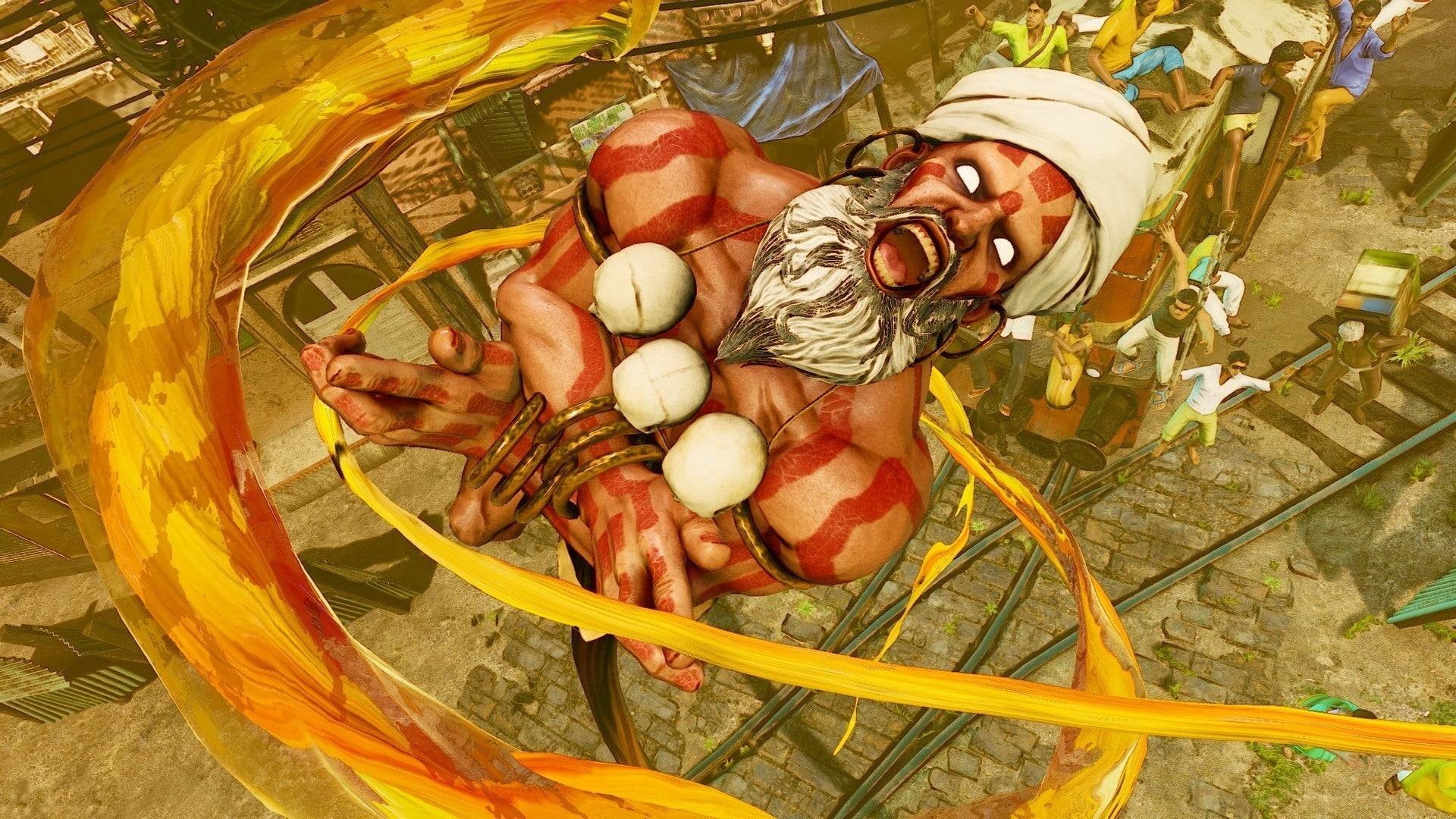
By the mid-2010s, Capcom initiated strategic changes to reverse its fortunes. The immediate priority was addressing the issues plaguing *Street Fighter 5*. Director Takayuki Nakayama and producer Shuhei Matsumoto were tasked with stabilizing the game.
While they joined later in development, they inherited a game in need of significant repair to regain fan trust. Due to the stage of development, major changes were impossible. Instead, they focused on fixing critical problems and laying the groundwork for *Street Fighter 6*. The constraints limited their ability to completely overhaul *Street Fighter 5*.
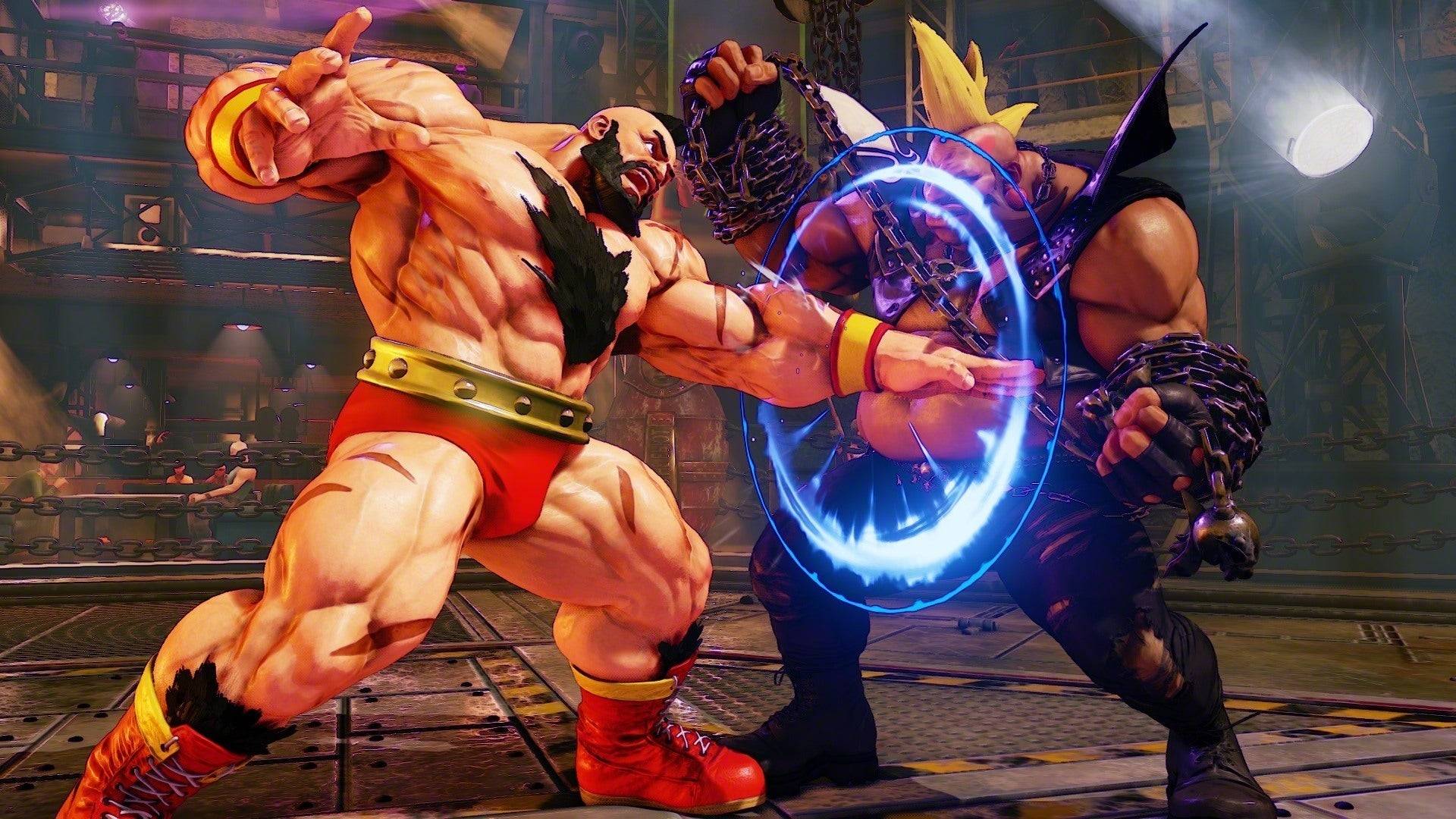
The decision not to abandon *Street Fighter 5* and start afresh was strategic. The team treated it as a learning experience, using it as a testing ground for new ideas that would inform the development of *Street Fighter 6*. This approach involved continuous updates, improving netcode, rebalancing characters, and introducing new mechanics.
Beyond technical improvements, the goal was to rediscover the fun. *Street Fighter 5* had become frustrating for many, so the focus shifted to improving accessibility for new players while retaining the depth appreciated by veterans. This approach, in contrast to previous attempts at simplification, proved successful, leading to the highly acclaimed *Street Fighter 6*.
Monster Hunter's Global Conquest
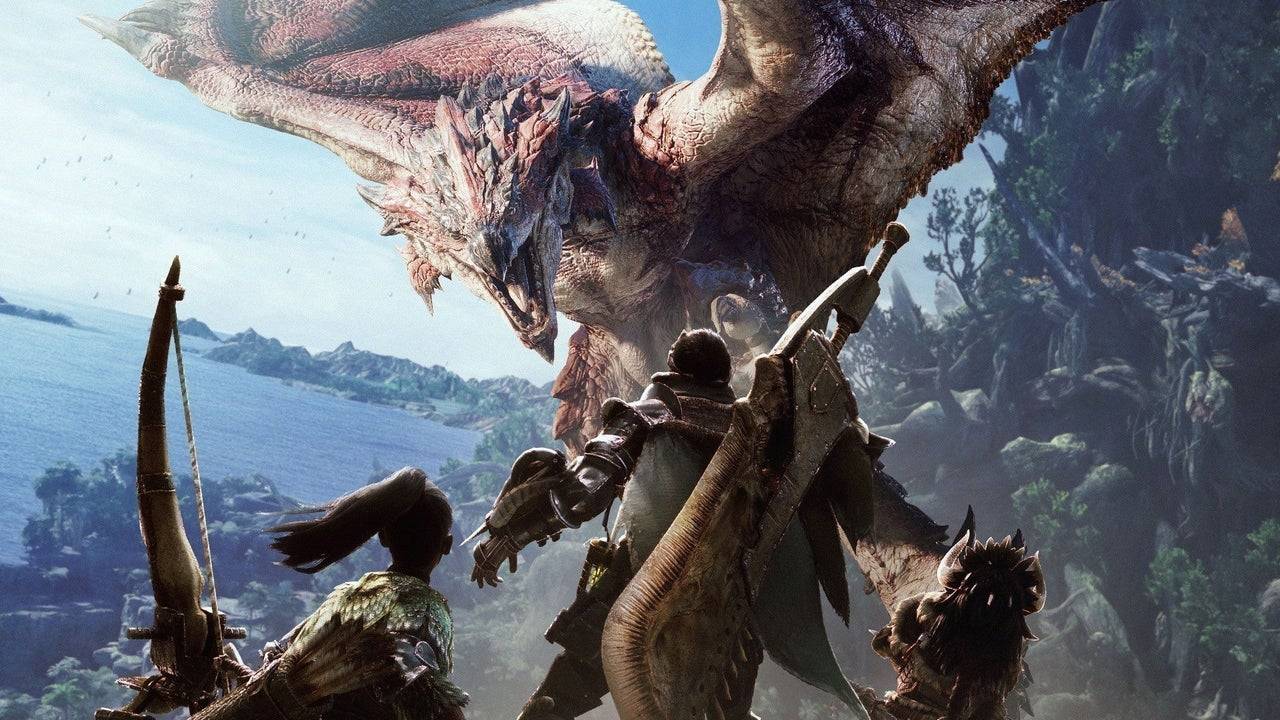
Around 2016, Capcom underwent an internal restructuring to prepare for a new generation of games built on the RE Engine, replacing the aging MT Framework. This wasn't just a technological upgrade; it involved a mandate to create games appealing to a global audience, not just specific regional markets.
Hideaki Itsuno, known for his work on *Devil May Cry*, highlighted the shift in focus towards creating games enjoyable for everyone worldwide. The company realized that its previous attempts to cater specifically to Western tastes had been unsuccessful.
No series embodies this global strategy better than *Monster Hunter*. While it had a dedicated fanbase in the West, it was predominantly popular in Japan. This was partly due to the success of *Monster Hunter Freedom Unite* on the PSP, a platform more popular in Japan. The ease of local multiplayer on handhelds contributed significantly to its Japanese success.
This success led to a cycle where Japan-centric content further reinforced the series' image as a Japan-only brand. However, Capcom recognized the growing Western interest and the shift towards online gaming. *Monster Hunter: World*, released in 2018, was a pivotal moment. Developed for major consoles and PC, it offered AAA-quality visuals and gameplay, targeting a global audience.
The simultaneous worldwide release and the elimination of region-exclusive content were key aspects of this strategy. The team also made adjustments based on global playtesting, such as adding damage numbers, to improve accessibility. The result was a massive increase in sales, with *Monster Hunter: World* and *Monster Hunter Rise* exceeding 20 million copies sold each.
This success wasn't accidental. Instead of altering the core gameplay, Capcom focused on making the experience more accessible to a broader audience. This strategy continues with *Monster Hunter: Wilds*.
Resident Evil 7: A Return to Horror
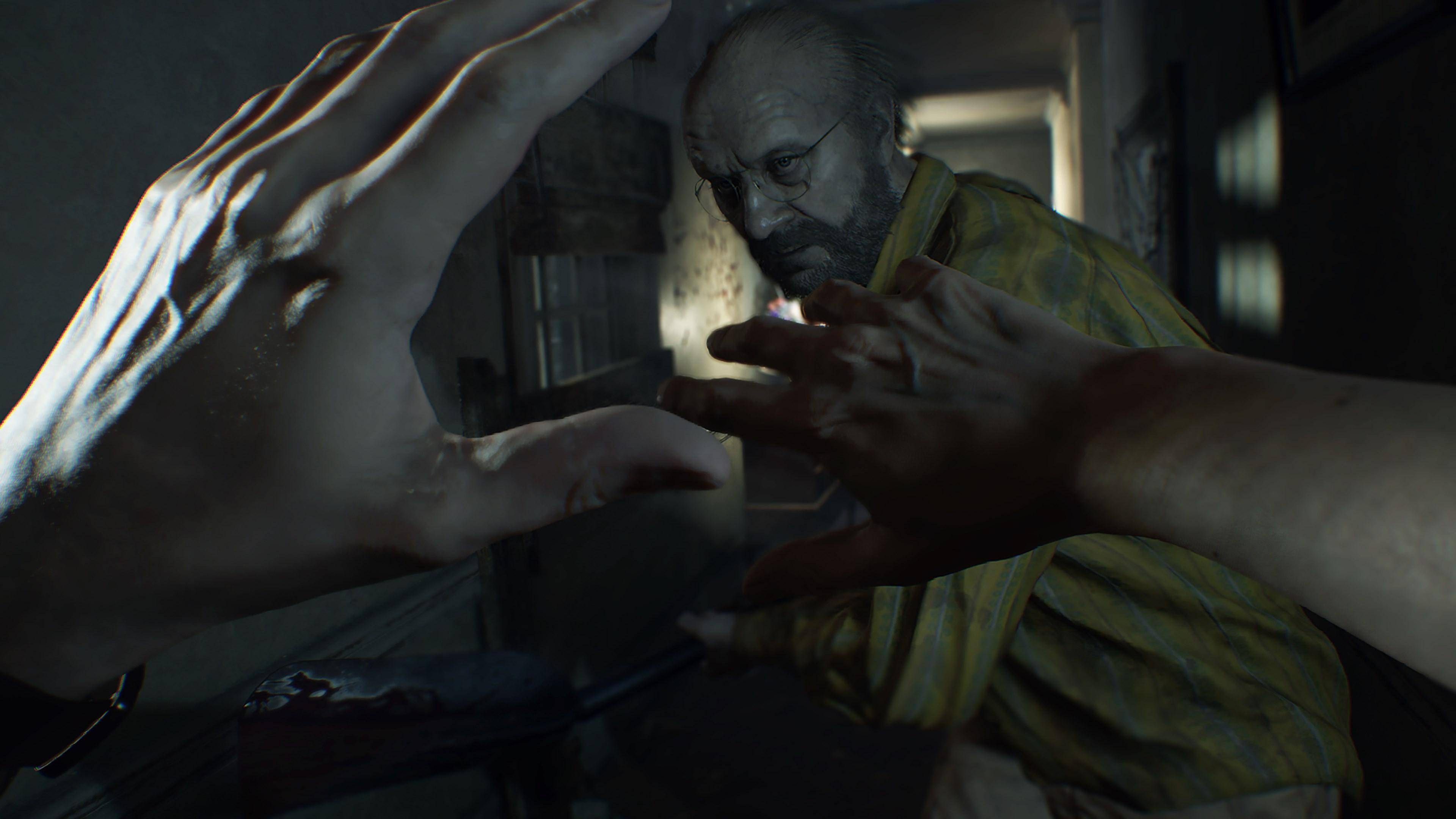
For *Resident Evil*, Capcom had to choose between action and survival horror. Jun Takeuchi, executive producer of the *Resident Evil* series, made the decision to return to the franchise's survival horror roots. *Resident Evil 7*, announced at E3 2016, marked this shift with its first-person perspective and focus on creating a truly terrifying experience.
The game's success demonstrated the effectiveness of this decision. While not surpassing *Resident Evil 4*, it was praised for its atmosphere and return to survival horror elements. Capcom didn't abandon the third-person perspective entirely; remakes of *Resident Evil 2* and *3*, and later *Resident Evil 4*, were released in third-person, showcasing the series' versatility.
The *Resident Evil 2* remake, blending horror, action, and puzzles, was a critical and commercial success. The *Resident Evil 4* remake, despite initial hesitation, was another triumph, further solidifying the series' resurgence.
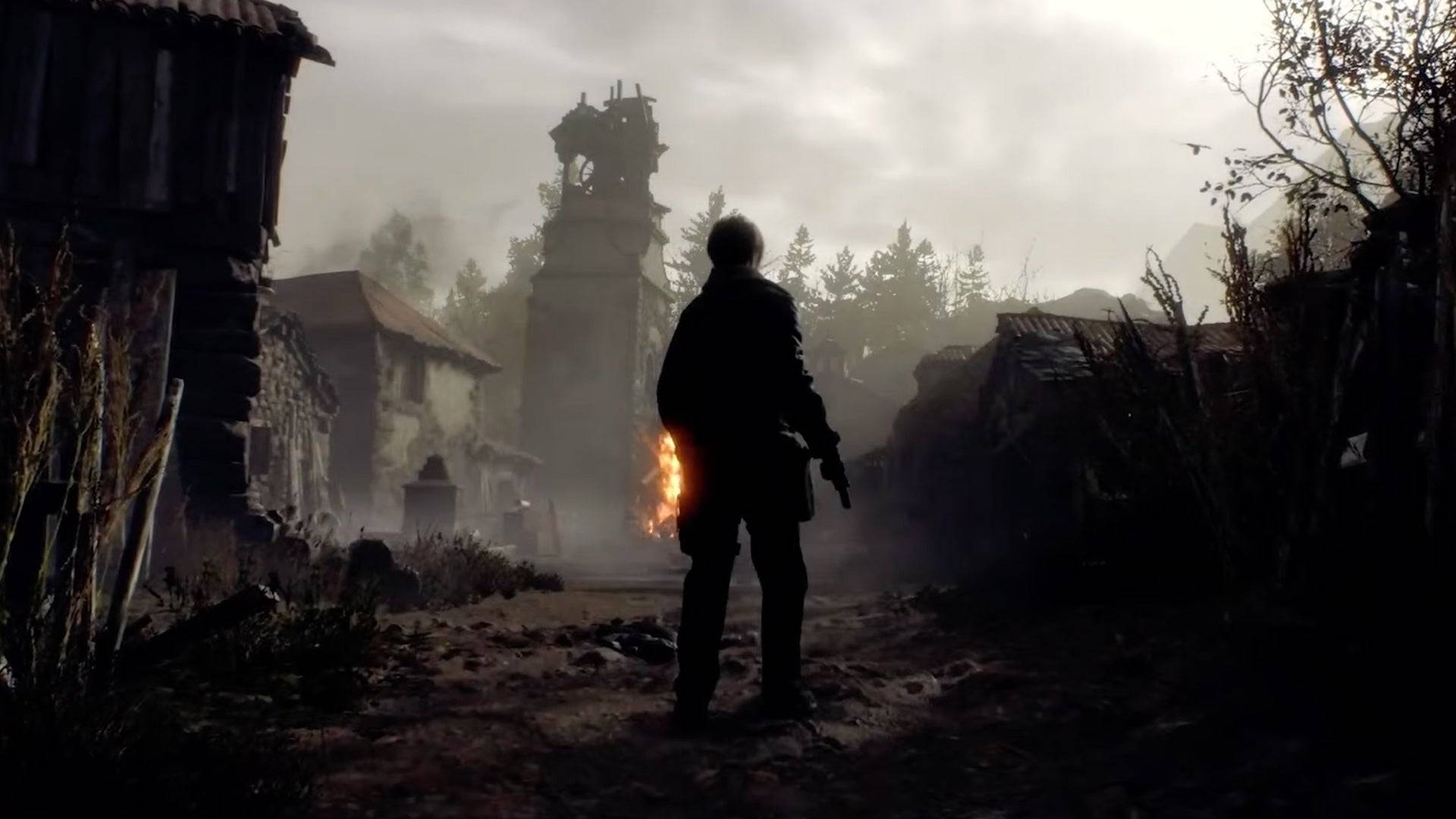
Simultaneously, Hideaki Itsuno, director of *Devil May Cry*, observed a trend towards overly simplistic action games. With *Devil May Cry 5*, he aimed to create a challenging and stylish action game, leveraging the capabilities of the RE Engine.
The Catalyst for Change

Itsuno's vision, along with the RE Engine's capabilities, allowed for a significant improvement in visual fidelity and streamlined development. The engine's flexibility enabled rapid iteration and experimentation, resulting in a stylish and challenging game. Itsuno's focus on creating a "cool" action experience, drawing from various influences, contributed significantly to *Devil May Cry 5*'s success.
Capcom's New Golden Age
Since 2017, Capcom has consistently released critically acclaimed games. This sustained success is remarkable in an industry where consistency is rare. The company's focus on creating globally appealing games, utilizing the advanced RE Engine, has proven highly effective.
This global strategy hasn't diluted the unique identities of its franchises. Instead, it has expanded their reach while maintaining their core characteristics. Capcom's transformation serves as a case study in how a company can overcome adversity and achieve remarkable success through strategic adaptation and technological innovation.

